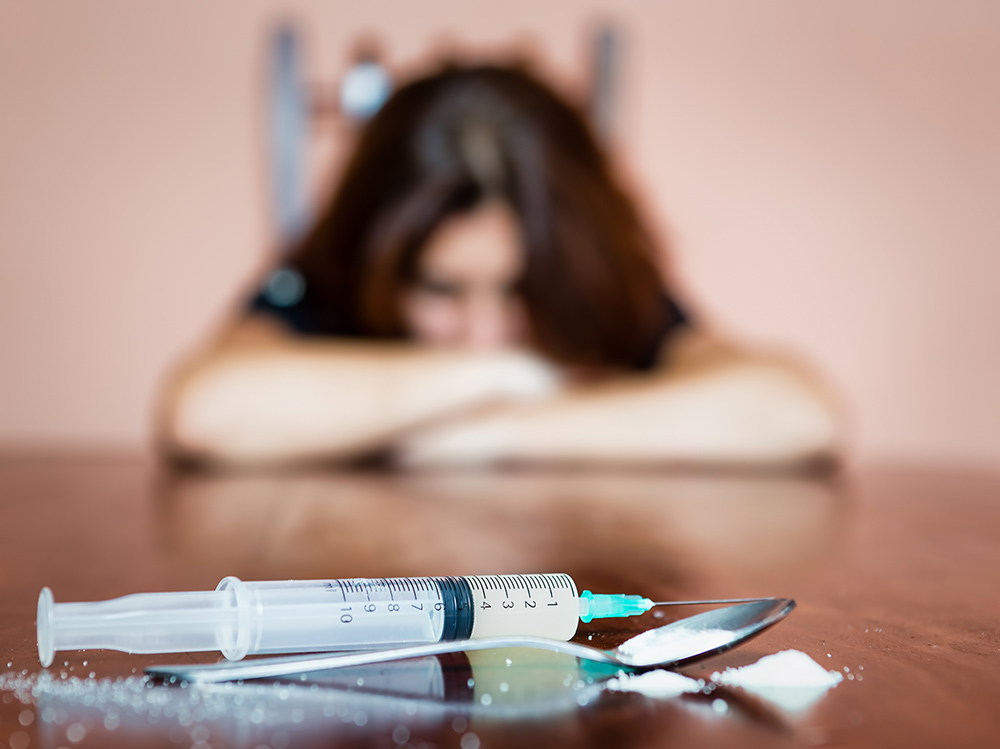Alcohol addiction is an issue that affects more and more people every year. Besides the obvious impact long-term use of alcohol can have on the individual’s body, it can produce severe damage in all aspect of one’s life, from mental health to social interactions and employment. One of the main reasons individuals fear joining an alcohol rehabilitation program is having to go through the excruciating process of withdrawal. Without professional help, many addicts struggle to get past the withdrawal phase of the recovery and return to their usual habits.
There are many reasons why people turn to alcohol in the first place. Some individuals do it because of the boost of confidence they might be receiving while intoxicated, others do it as a way to cope with depression or everyday struggles.
Recognizing Alcohol Addiction

Alcoholism, often referred to as alcohol use disorder, is a medical disease that broadly describes one person’s inability to stop consuming considerable amounts of alcohol, despite knowing the bad impact it has on their everyday life. Many people believe that alcohol addiction can easily be dealt with. Unfortunately, once the addiction installs, it becomes a serious mental problem that requires professional treatment in order to overcome. Although many individuals think it’s only a matter of willpower to stop using alcohol, experts at help4addiction.co.uk advise that, in order to cope with side effects and prevent relapse, professional help is mandatory.
Alcohol increases the release of dopamine and endorphins in the brain, making individuals feel happier and more confident when they drink. After these effects wear off, individuals often feel less satisfied and associate the feeling of happiness with alcohol consumption, thus drinking more in order to reach that state again. After a period of time, one starts to develop tolerance, needing larger quantities of alcohol in order to experience the same feeling. Many say that developing tolerance is the first step towards alcohol addiction. But addiction doesn’t install until the physical dependence meets mental dependence and someone can’t stop drinking without experiencing signs of withdrawal. Sometimes, these symptoms can be so bad that people continue to abuse alcohol in order to avoid them.
Withdrawal Symptoms

Withdrawal installs because the body is used to metabolize the alcohol ingested and if it can’t find any, the brain starts sending signals that something is wrong. While mild withdrawal symptoms can be easily dealt with more severe ones can cause permanent damage to the mind and body if not dealt with in a professional way. Experts have identified three stages of alcohol withdrawal symptoms that an addict can usually experience.
Stage one installs within the first 12 hours of abstinence. The individual might experience anxiety, fatigue, headaches, sweating, abdominal pain and vomiting.
The second stage happens 12-24 hours post-ingestion and can include symptoms such as disorientation, hand tremors and even seizures. In severe situations, this stage can also involve hallucinations that overlap the first symptoms and can increase in intensity as the hours pass.
Stage three involves more seizures, insomnia, high blood pressure high fever and hallucinations. This is when delirium tremens, one of the most severe withdrawal symptoms, may occur. Although it only occurs on rare occasions, delirium tremens is extremely dangerous and can often be lethal.
Withdrawal Treatment

While people who experience mild symptoms of withdrawal can overcome this stage in the comfort of their own home, with the help of friends and family, others may need to be put under constant supervision, to eliminate any risks.
The reason withdrawal symptoms can be so difficult to deal with is that there is no way to tell how mild or severe they can become. They can shift from minor symptoms to severe side effects in a matter of hours. This is why professional supervision is so important, especially in this stage of recovery.
Specialists can use medical treatment to alleviate some of the withdrawal symptoms, as well as offer guidance through the process. Depending on the severity of the addiction, there are many recovery programs that specialists use:
- Inpatient treatment: this refers to treatment programs inside rehab facilities, with round the clock care. Programs like this can take anywhere between 30 and 90 days, depending on the severity of the issue.
- Outpatient treatment: this allows patients to keep on with their daily activities, while undergoing treatment. This is an option best suited for individuals who don’t struggle as much being exposed to drinking triggers.
- Medication therapy: helps relieve unbearable withdrawal symptoms, allowing patients to overcome this stage much easier and focus on other aspects of recovery.
- Individual counselling: provides support when dealing with withdrawal symptoms, by helping patients identify and control the factors that influenced the addiction.
Dealing with the Symptoms

While there is no method to completely eliminate withdrawal symptoms, there are some ways for individuals to cope with the symptoms better:
Keeping a positive mindset: while this can sometimes be easier said than done, maintaining a positive view and remembering that these symptoms will eventually pass can help patients overcome the hurdle. Sometimes, individuals can self-induce episodes of anxiety and panic attacks if they approach recovery with a negative mindset.
Becoming more active: instead of waiting for symptoms to come and go, patients are encouraged to keep themselves both physically and mentally active. Exercising, taking a walk, reading or engaging in any form of activity that can boost endorphins can help shift focus on more positive aspects of their lives.
Maintaining a healthy diet: dehydration and lack of vitamins and nutrients can worsen withdrawal symptoms. While this can be hard, given that most individuals experience loss of appetite and nausea during withdrawal, drinking lots of water and keeping a balanced diet will help the body support recovery.
Attending meetings: actively speaking about the symptoms during counselling can help individuals acknowledge that they are not the only ones struggling with an addiction. Discussing their experience with people who have been through the same thing can offer them a new perspective and show them it can be done.